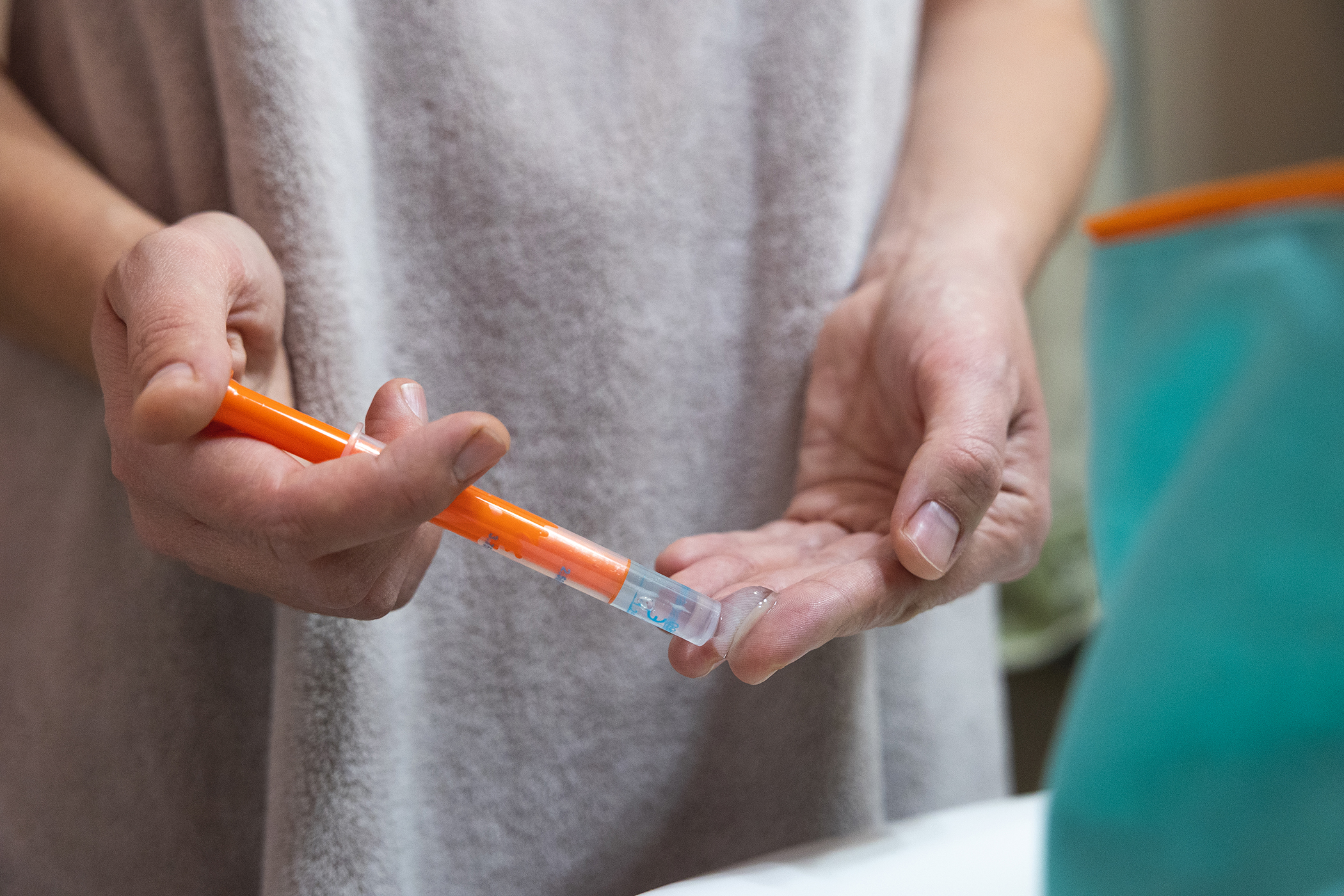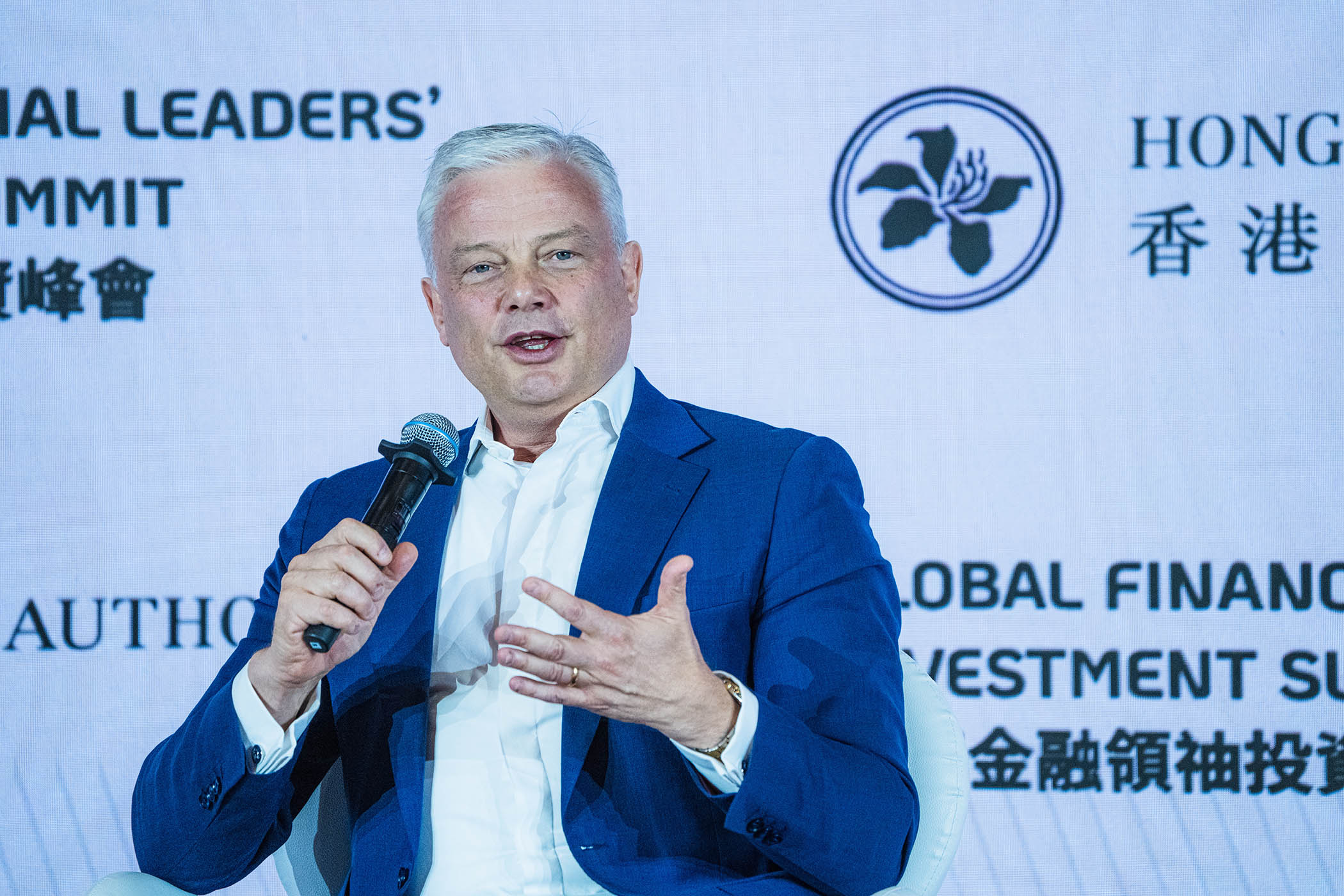The days of selling the same medical treatment to men and women at different prices are sadly not behind us.
Take testosterone. It’s a hormone prescribed to both sexes to restore libido in middle age. However, a growing body of evidence suggests that it can ease other perimenopausal and menopausal symptoms such as exhaustion, brain fog, low mood and even low bone density.
The problem? Testosterone is only licensed for men in the UK. Guidelines say there’s “insufficient data” to support prescribing it for women, except to treat low sexual desire. Undeterred, women are buying testosterone gel “off label” from online pharmacies, spurred on by menopause campaigners such as Dr Louise Newson and Dr Nighat Arif, who argue that NHS prescribing is a restrictive postcode lottery.
Are women getting a bad deal compared with men? Hannah Lewis thinks so. The 52-year-old Londoner recently started using testosterone alongside hormone replacement therapy. When she renewed her treatment – Testogel – through Superdrug’s Online Doctor service, she spotted something odd: the product photo showed a box containing 30 sachets, but the plain white box she received had just three.
She realised the 30-sachet deal for £55 is available only for men, while women pay £18 for three sachets – triple the price for the same product. Lewis, an expert in pricing psychology, said: “It made me furious. It’s a textbook example of gendered pricing bias, because there is no option for women to pay the same as men through Superdrug.”
She isn’t the first to flag the discrepancy. In 2022, Labour MP Carolyn Harris wrote to Superdrug raising “serious concerns” over its pricing and saying the company “surely cannot justify” charging women more “for an identical product. She said: “It is shocking that Superdrug are trying to justify charging women more than three times what they charge men for the exact same product. This isn’t a slight increase because of smaller quantities and associated costs. This is taking advantage of a situation and, once again, it is women who are, quite literally, paying the price.
We have made some really exciting progress in menopause care in the last few years - opening up conversations and breaking down barriers. The HRT prepayment certificate and, most recently, the inclusion of menopause in the 40 plus health check for women, have been groundbreaking.
This progress gets overshadowed though, when big organisations see women’s healthcare as a way to make money.
Same retailer, same product, same packaging - but 230% more expensive if you happen to be a woman.”
A spokesperson for Superdrug told The Observer that female doses are 10% smaller than male doses, and that it cannot issue more than a month’s treatment at a time – for women, that’s three sachets. “The cost of all our treatments involves costs for prescribing and dispensing the service, such as the doctor’s time, prescription generation, dispensing costs and delivery charges where applicable.
Newsletters
Choose the newsletters you want to receive
View more
For information about how The Observer protects your data, read our Privacy Policy
“Unfortunately, this is why a smaller quantity of testosterone costs more per sachet for us to dispense than a larger quantity, but does allow us to provide a safe and clinically effective service. We’re committed to doing all we can to ensure our pricing is fair, transparent and compliant. We do not agree with pricing based on gender, and where we identify discrepancies, we challenge our suppliers on behalf of ourcustomers.”
Pharmacist and lawyer Thorrun Govind says the complication may lie in that off-label status. “It may be that extra consultation, more careful dosing and more monitoring is needed when treatments aren’t licensed for women, which can affect the cost.”
Gendered pricing is hardly new. Co-operative Bank research found that women typically pay nearly 40% more for lower-cost essentials than men do, and ibuprofen marketed as period pain relief can cost up to 14 times more than the standard drug.
Many women now routinely buy cheaper male versions of products such as deodorant and razors. But it’s clear that switcheroo isn’t as straightforward with off-label prescriptions, such as testosterone for women. Until more research allows for wider NHS prescribing, Lewis and other women have little choice but to shop around for a fairer deal on feeling human again. That’s women’s healthcare for you.
Photograph by Getty



